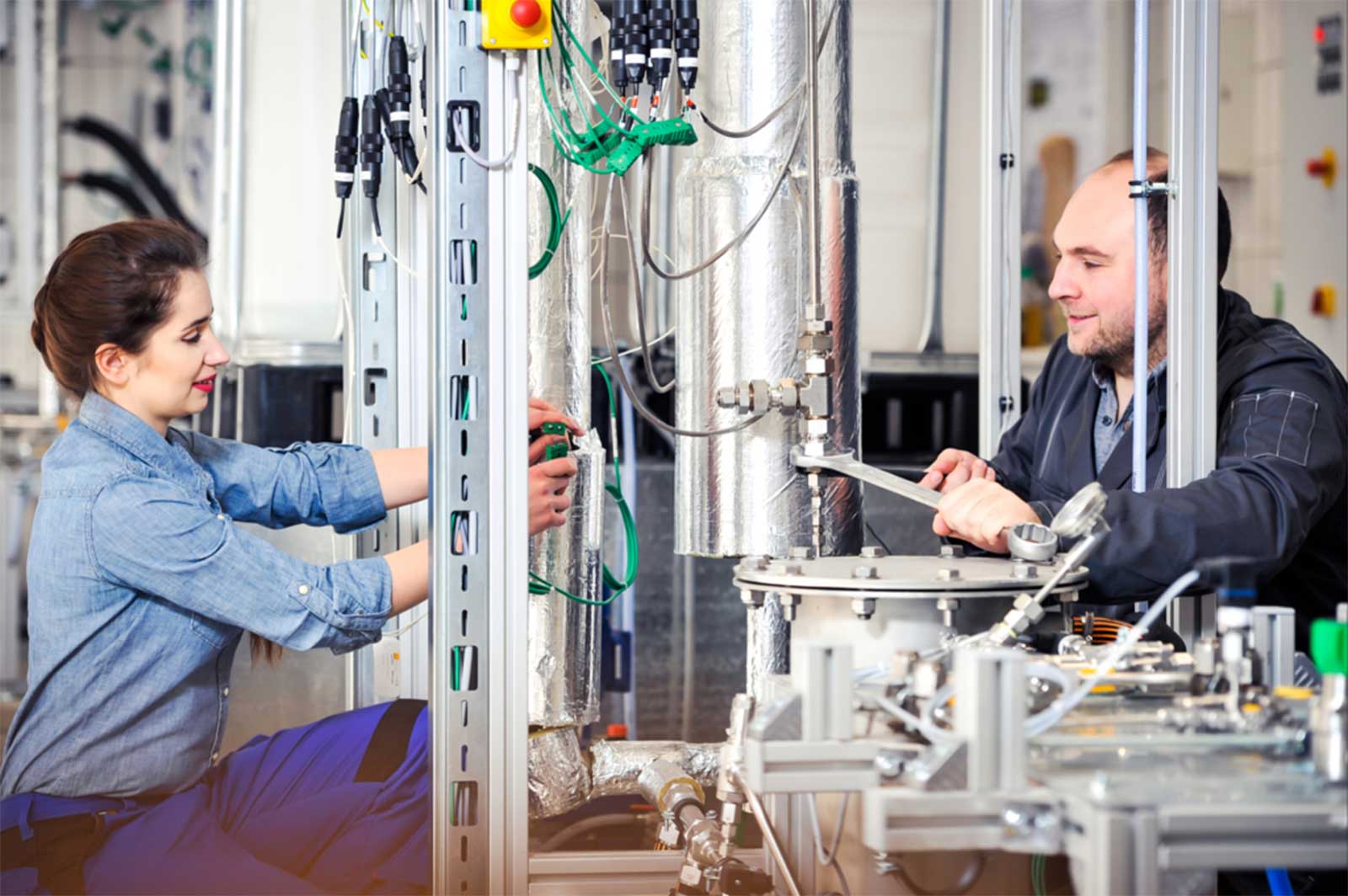Until now, producers have made HMF directly from fructose, which is expensive and itself a food substance. “We have therefore expanded the production chain up front and use a wide variety of carbohydrate sources from residual biomass,” said Markus Götz, a doctoral student in the Department of Conversion Technologies of Renewable Resources at the Institute of Agricultural Engineering at the University of Hohenheim, under the supervision of Prof. Dr. Andrea Kruse. “The range is very wide: from cellulose from wood or miscanthus (Elephant grass) to inulin from chicory root or onion peelings to starch from old bread rolls or potato peelings.”
The hydrothermal conversion process is used to produce HMF that serves as the base chemical for the synthesis of the plastic PEF (polyethylene furanoate), a renewable alternative to PET (polyethylene terephthalate). PEF is considerably more sustainable than PEF made from petroleum. It also requires less energy to process. Moreover, PEF has better barrier properties, which benefits the shelf life of packaged food. As a result, the packaging can be thinner and thus lighter. This saves material and weight and thus reduces greenhouse gas emissions.
Reducing waste
The commercial use of PEF is being investigated as part of the Horizon 2020 EU project MyPack. This supports the market introduction of innovative packaging to reduce both food and packaging waste.
Currently, Götz and his colleagues are looking for funding or investors to build a large demonstration plant that can be used to generate accurate data on economic viability. The goal is a fully automated, easy-to-use biorefinery that will be attractive primarily to farmers and smaller industrial enterprises.
Read the full article on Biopro BW (German).
Image: Universität Hohenheim/Max Kovalenko



